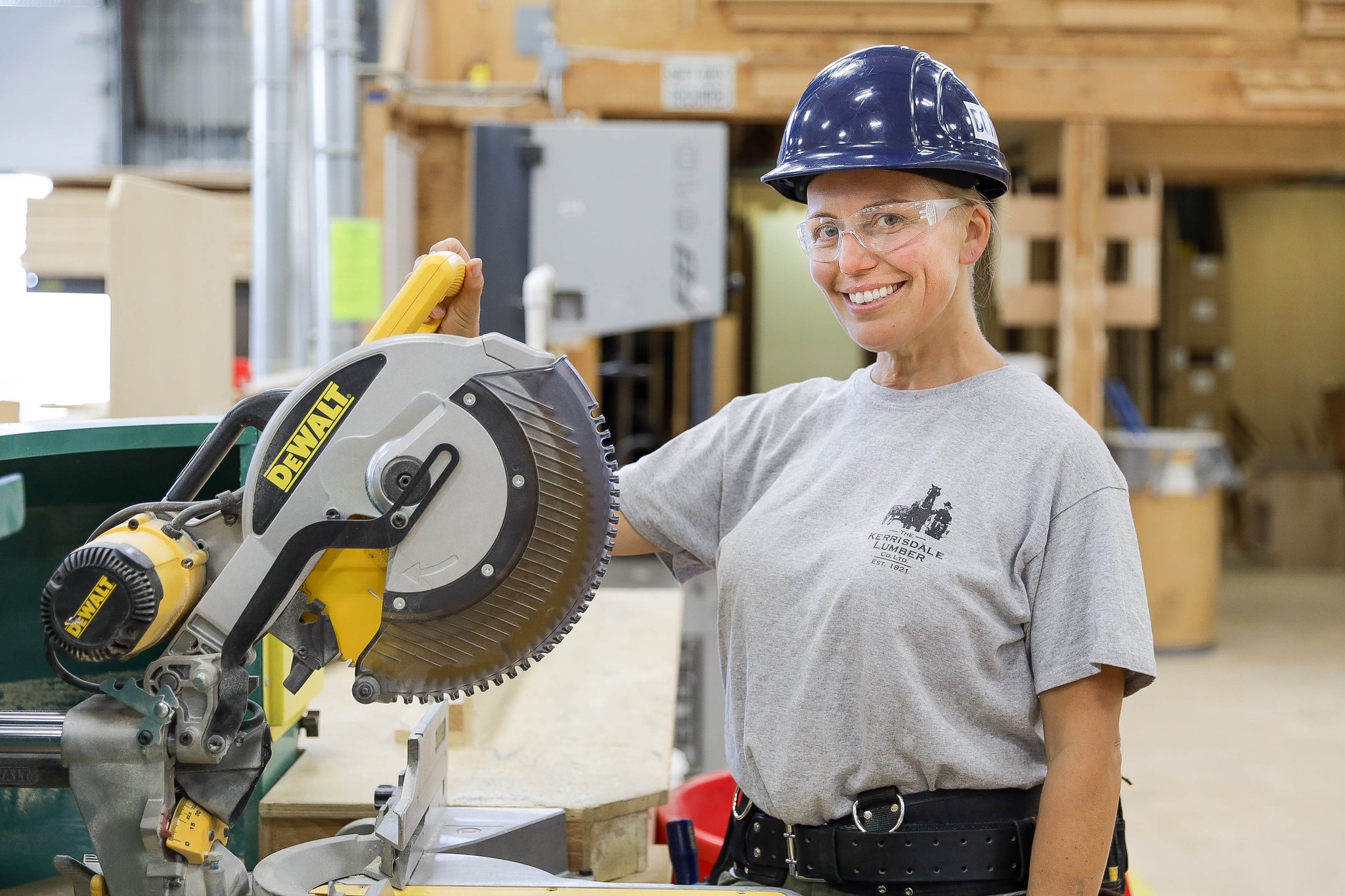B.C. looking for input on next round of trade certification
Skilled trades certification formally recognizes the skills workers.

B.C. officials want trade certification to raise the prestige of working in the trades. – Province of B.C.
Key Takeaways:
- B.C. is in the process of implementing certification requirements for seven electrical and mechanical trades.
- The province is asking for submissions from businesses, labour organizations, industry associations, Indigenous organizations and communities on what the next trades should be that will require certification.
- The province will announces these trades in spring 2024.
The Whole Story:
B.C. is accepting applications for the next trades that will designated for skilled trades certification.
Following input from industry stakeholders and partners, SkilledTradesBC is accepting applications for more trades to be certified. B.C. businesses, labour organizations, industry associations, Indigenous organizations and communities that work or have an interest in the trades may apply to SkilledTradesBC for their trade to be designated.
SkilledTradesBC stated that it will evaluate applications based on “specific criteria that will align with existing regulatory frameworks and similarities to existing certified trades.”
SkilledTradesBC will then make recommendations to the province for trades to be considered for skilled trades certification.
Applications are open until June 30, 2023. Trades identified through the new process for skilled trades certification are expected to be announced in spring 2024.
Skilled trade certification is underway for seven electrical and mechanical trades. Workers in those trades have until Dec. 1, 2023, to either register as an apprentice or to have applied for, written or passed a certification exam. Support is available through SkilledTradesBC apprenticeship advisers and financial aid from the province and the federal government.
Skilled trade certification for three additional automotive trades will begin in 2024, and workers will have one year to register as an apprentice or become certified.
According to the province, skilled trades certification formally recognizes the skills of current and future workers, raises the profile of the trades and attracts more people to careers in the trades.
However, the move has faced criticism from groups like the Independent Contractors and Businesses Association (ICBA). The group believes it will only create more unnecessary barriers to people looking to enter the industry.
“The return of compulsory trades is the result of government looking in the rear-view mirror and hoping that policies of yesterday will address the challenges of today and tomorrow,” wrote Chris Gardner, ICBA president, in a column. “And, let’s be clear, this is not about improving the quality of work – no British Columbian should be worried about the work performed by B.C.’s nearly 250,000 construction workers. It’s designed by the best in the world, it’s highly regulated, permitted, and thoroughly inspected.”
For information about skilled trade certification and to submit a trade for consideration, visit: https://www.skilledtradesbc.ca/stc-trades-designation-process
Learn about skilled trades certification here: https://skilledtradesbc.ca/skilledtradescertification
